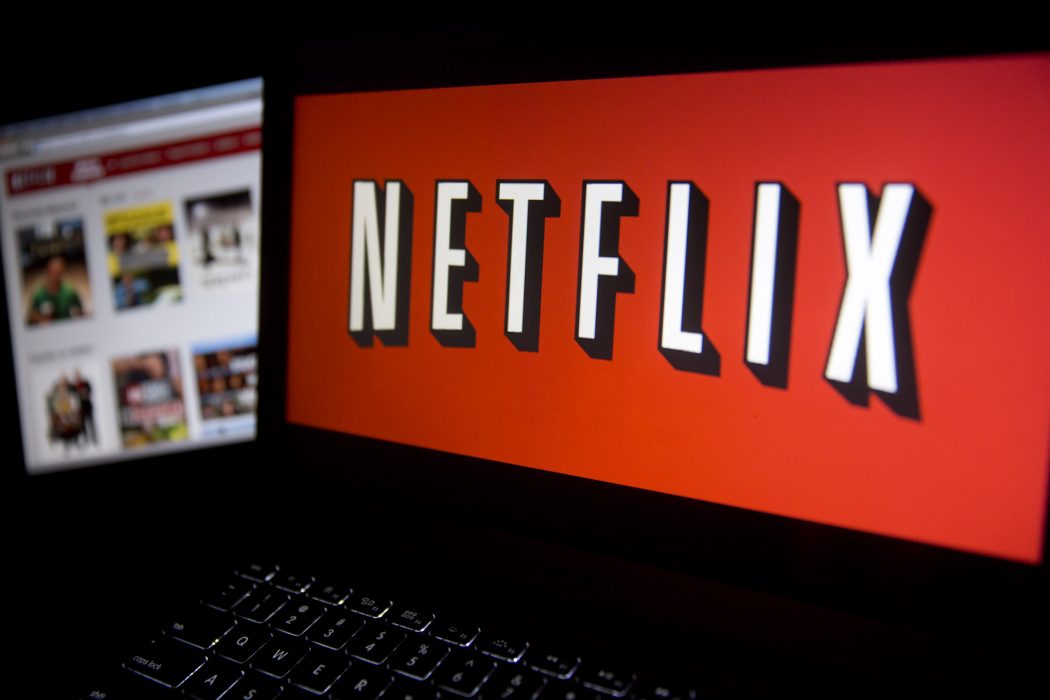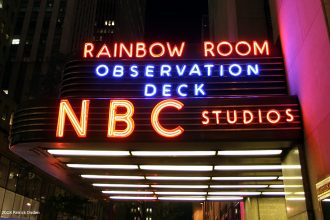The familiar routine of buying $8 tickets, getting some fresh, buttery popcorn with an extra-large Coke, and finally, choosing the seat with the best view in time for the trailers to start, has been diminished in appeal.
Instead, people are opting for microwavable popcorn, store-bought liter of second-rate soda, a comfortable couch, and a television.
And what the television displays on the screen for all viewers to watch is the key to a new way of perceiving and treating video distribution: Netflix.
Netflix has become the top video streaming company within North America and the world (except mainland China, Syria, North Korea, and Crimea); in fact, as of April 2019, Netflix had over 148 million paid subscriptions worldwide and over 154 million subscriptions total, including free trials. With affordable pricing and a large selection of content, Netflix essentially defined the advantages of a video streaming service in a technological society through a strong business empire.
Yet, other major companies such as Amazon, Hulu, Showtime and HBO Now, gradually followed Netflix’s lead and expanded their businesses to include video streaming. Perhaps the greatest competitor to rise to the challenge revealed itself recently: Disney, whose prominence in animated movies and television shows is so great that its theme parks can be spotted across the globe.
Disney announced that their video streaming platform, Disney+, would launch in North America on November 12, 2019. Subscribers will be able to access a vast library of content from Disney and 21st Century Fox due to the formers’ famous acquisition of the latter in March 2019. In addition, Disney+ will contain exclusive material produced by this new branch of their business, similar to Netflix’s original content.
When all productions under Disney’s ownership are removed from the platform, Netflix’s selection will be drastically reduced, thus endangering the popularity and performance of the company.
With Disney owning 21st Century Fox, the company seemingly has a stronger backbone than the current leader of video streaming services. Netflix has multiple movies and television shows released through Disney’s Pixar and Marvel Studios, as well as its own projects that focus on Marvel comics; Disney+ has the power to withhold distribution rights for that particular content. Unsurprisingly, Disney+ will include Marvel original shows, forcing Netflix’s shows, including Iron Fist, Jessica Jones, Daredevil, and Luke Cage, to come to a close.
In addition, Netflix is at risk of losing various content distributed by any branch of 21st Century Fox, ABC studios, and Disney itself. When all productions under Disney’s ownership are removed from the platform, Netflix’s selection will be drastically reduced, thus endangering the popularity and performance of the company.
The cheaper price and wide selection Disney+ and Hulu will bring to the table in the upcoming years challenges the long-standing reign of Netflix.
Once Disney has claimed full ownership stake of Hulu, Disney+ will become a force to be reckoned with. Disney wants Hulu to run on the same online platform as Disney+ in order for customers to subscribe to both services with the same password and credit card information, either separately or together with a discount. Overall, Disney+ plans to charge $7 monthly, $70 yearly, or an unreleased discounted offer by connecting Hulu accounts to Disney+; meanwhile, Netflix’s monthly rate has almost doubled during Disney’s recent expansion. The cheaper price and wide selection Disney+ and Hulu will bring to the table in the upcoming years challenges the long-standing reign of Netflix.
Even though arguments for Disney+’s threat to Netflix are realistic and grounded, the company itself does not seem to be shaken by the arrival of new competition. In fact, Netflix is excited to compete with Disney+ and encourages its success; it believes their platform only satisfies a small portion of the video streaming demand.
Although Disney will most likely cancel distribution rights on their products, Netflix will reach $20 billion annual cash content investment, and continue to add a significant amount of new content to the platform daily.
Moreover, statistics continue to illustrate Netflix’s customer loyalty through this supposed turmoil. In fact, the Piper Jaffray reports about 75% of Netflix subscribers do not intend to switch sides to Disney+.These subscribers say they will remain with Netflix even if they do decide to become members with Disney’s newest platform. Other studios and production companies are remaining with Netflix, including CBS, Sony, and Lionsgate. Even with the potential success of Disney+, Netflix is definitely not going anywhere soon.
Netflix will reach $20 billion annual cash content investment, and continue to add a significant amount of new content to the platform daily.
All in all, the creation of Disney+ provides healthy competition for Netflix. The benefits to this shift of power in the video streaming sphere include greater accessibility for viewers, as well as a myriad of content to choose from and marketing that will accelerate the global transition to internet TV.








